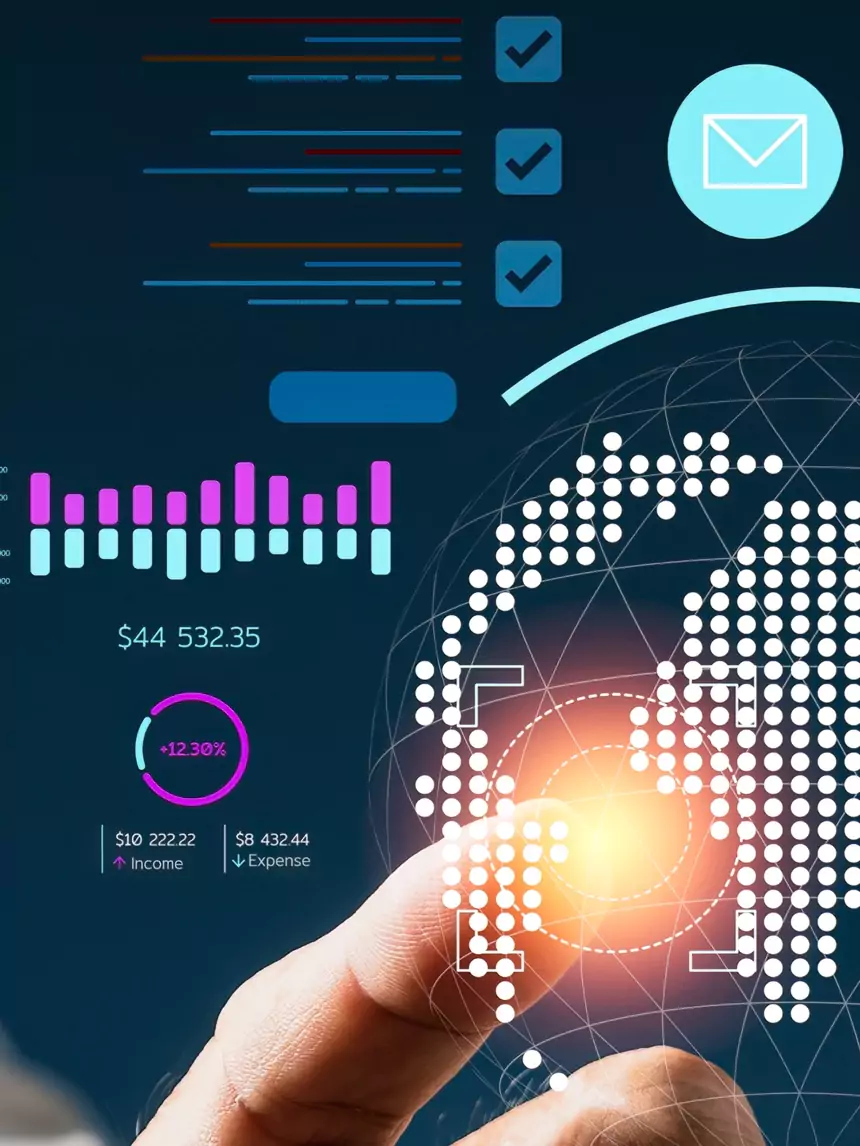Co-Founder Taliferro
API Trends
The future of API consulting is poised for significant evolution, driven by the rapid advancements in technology and changing business needs. As we look ahead, several key trends and predictions stand out that are likely to shape the landscape of API consulting.
Firstly, the increasing adoption of microservices architecture is a trend that cannot be overlooked. microservices allow for the development of applications as a suite of small, independently deployable services. This approach offers numerous advantages, including improved scalability, easier maintenance, and faster deployment times. In the realm of API consulting, this translates to a greater focus on designing and managing APIs that facilitate communication between these microservices. The role of API consultants will become more crucial in helping businesses transition to a microservices architecture, ensuring that APIs are well-designed, secure, and efficient.
AI in API Development
Artificial Intelligence (AI) and Machine Learning (ML) are also having a profound impact on API development and consulting. These technologies enable more intelligent and adaptive APIs that can learn from data, predict outcomes, and automate decisions. As AI and ML continue to mature, we can expect API consultants to play a key role in integrating these technologies into API strategies. This integration will not only enhance the capabilities of APIs but also open new avenues for innovation in various business domains.
Another significant trend is the emphasis on API security. With the increasing reliance on APIs for critical business operations, ensuring the security of these interfaces is paramount. API consulting will increasingly focus on implementing robust security protocols, such as OAuth and OpenID Connect, and ensuring compliance with data privacy regulations like GDPR and CCPA. Consultants will need to stay abreast of the latest security threats and best practices to safeguard APIs against potential vulnerabilities.
The rise of edge computing is also expected to influence API consulting. As computing moves closer to the data source, APIs will need to be optimized for low latency and high performance in edge environments. This shift will require API consultants to adapt their strategies to accommodate the unique demands of edge computing, such as managing APIs across distributed networks and ensuring seamless integration with cloud services.
In addition, the growing importance of API monetization strategies is another area where API consulting will play a pivotal role. As businesses seek to generate revenue through their APIs, consultants will be instrumental in devising effective monetization models, such as pay-per-use or subscription-based services. This involves not only technical expertise but also a deep understanding of market dynamics and customer needs.
Finally, the future of API consulting will also be shaped by the continued evolution of API standards and protocols. With the emergence of new standards like GraphQL and gRPC, API consultants will need to stay updated on these developments and guide businesses in adopting the most suitable technologies for their needs.


FAQ
What is driving the evolution in API consulting?
The evolution in API consulting is driven by technological advancements, particularly in microservices, AI, ML, and edge computing, as well as an increasing focus on API security and monetization.
How are microservices changing API consulting?
Microservices architecture necessitates a focus on designing APIs that facilitate communication between small, independent services, thus changing the approach in API consulting.
What impact do AI and ML have on API development?
AI and ML are enabling the creation of more intelligent and adaptive APIs that can automate decisions and predict outcomes, requiring new integration strategies in API consulting.
Why is API security becoming more important?
With APIs playing a crucial role in business operations, ensuring their security is vital to protect against data breaches and comply with privacy regulations.
How does edge computing affect API strategies?
As computing shifts to the edge, APIs must be optimized for low latency and high performance in these environments, impacting consulting strategies.
What are the challenges in API monetization?
Developing effective monetization models, such as pay-per-use or subscription services, requires both technical expertise and an understanding of market dynamics.
How should businesses prepare for the future of API consulting?
Businesses should stay informed about emerging trends, adopt flexible and scalable API strategies, and consider expert consulting to navigate the evolving landscape effectively.
Conclusion
The field of API consulting is on the cusp of exciting changes. The trends of microservices architecture, AI and ML integration, enhanced focus on security, the rise of edge computing, API monetization strategies, and the evolution of API standards are set to redefine the landscape of API consulting. These developments will not only impact how businesses approach API integration but also elevate the role of API consultants in driving digital transformation and innovation. As we move forward, businesses and API consultants alike will need to be agile, knowledgeable, and forward-thinking to harness the full potential of these emerging trends.
Tyrone Showers
